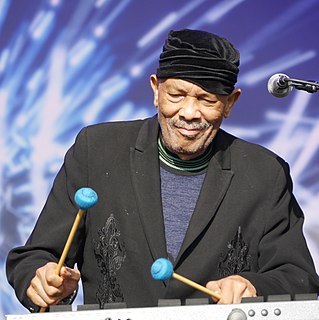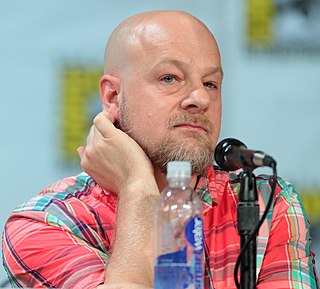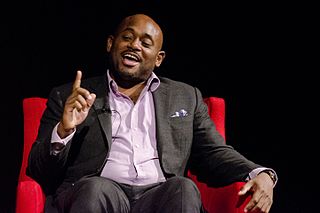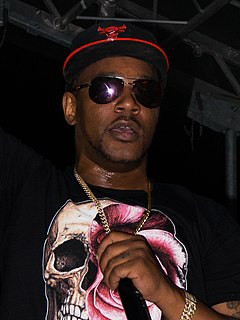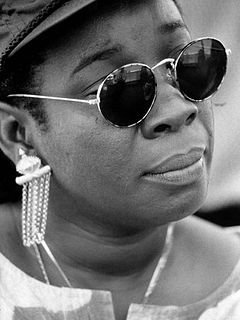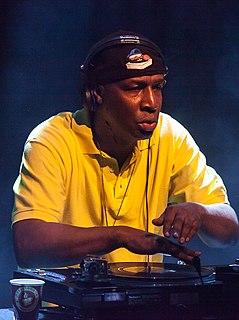A Quote by Roy Ayers
Most artists have contracts directly with the record company, and when they do music, all of their music is owned by the record company. But I did mine through a production company.
Related Quotes
But I did mine through a production company. All the music I did, I gave to the production company. Then the production company would give the record company the album. I used to do all my albums like that. It was fantastic. But now, understand, I have never planned to do anything with these other tapes. The one that are released, like the Virgin Ubiquity you have there, I wasn't going to do anything with that music. One day, I was talking to this guy that owns BBE over in England, and I said I've got some tapes and stuff that you might be interested in, and he went berserk.
I think for us, we don't feel like the future of music is in the act of being a record company. We feel like the future of the music business is in empowering artists to have better and better tools to communicate with their fans. We want to be people who are saying to artists, "Look, you don't need that company over there to release your album. You can do it this way." Almost more of a band partnership than a label-artist relationship. Not about ownership of content, but about empowerment.
